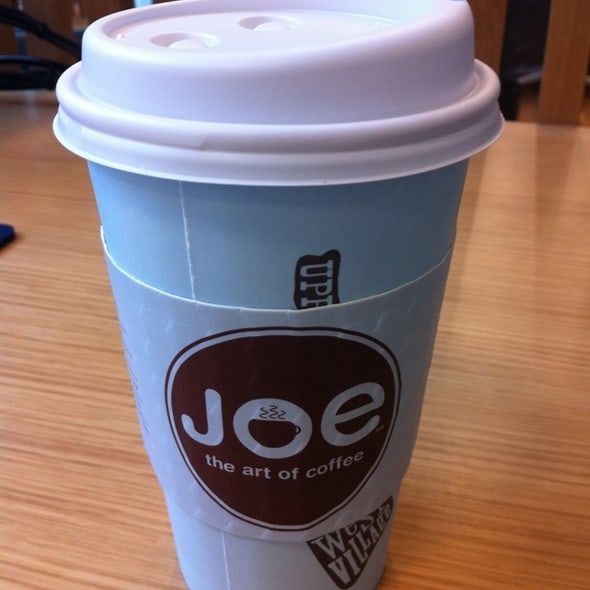Last updated: August 3, 2020
The purpose of this post is to compare retail coffee to bond coupons. Bond coupons are the cash flows from regular interest payments on a certificate of debt.
As you know, I like buying my weak American coffee at Atlanta-area RaceTrac gas stations. Refills of RaceTrac brand coffee inside of my Starbucks mug cost $.52, and I purchase one to two refills per day.
I recently discovered a unique bargain: With the purchase of a $2.60 RaceTrac coffee mug, the owner is entitled to five free refills.
The math thus far is simple: $.52 per refill x quantity 5 refills = $2.60. We are getting the cheap RaceTrac mug for free (estimated value: somewhere between nothing and $.30).
I measured the volume differential and was pleased to note that the RaceTrac coffee mug contains approximately four (4) additional ounces of coffee. This additional gross of coffee is, if I understand correctly, my bond coupon. Four additional ounces of coffee = $.13, based on $.52 for a 16-ounce mug.
The actual bond (my investment in the $2.60 RaceTrac coffee mug) has a five-refill coupon term, because I cease to receive free refills after five uses.
But today the mugs were on sale for $2.02. So, to the claim that “This coupon has no cash value,” — I call bullshit.
$.52 per refill * 5 refills
=
$2.60 – $2.02 cost of mug
=
$.58 immediate card value*
*Based on current sale price and assumption of daily refill purchases.
Financially-minded friends, is my analogy correct? Can I arbitrage the heck out of this?
|
Coffee Card
|
Bond Coupon
|
|
| Time period |
Refills
|
Annual or monthly
|
| Expiration |
Five uses
|
Bond maturity, fixed future date
|
| Return, variable |
Extra coffee
|
Regular interest payments
|
| Return, fixed |
Coffee mug
|
Principal repayment of debt
|
An investment in a RaceTrac coffee mug actually provides infinite coupon returns ($.13 each) in the form of four additional ounces of coffee per refill, but I don’t know of a financial instrument that divests coupons over an infinite period of time.

